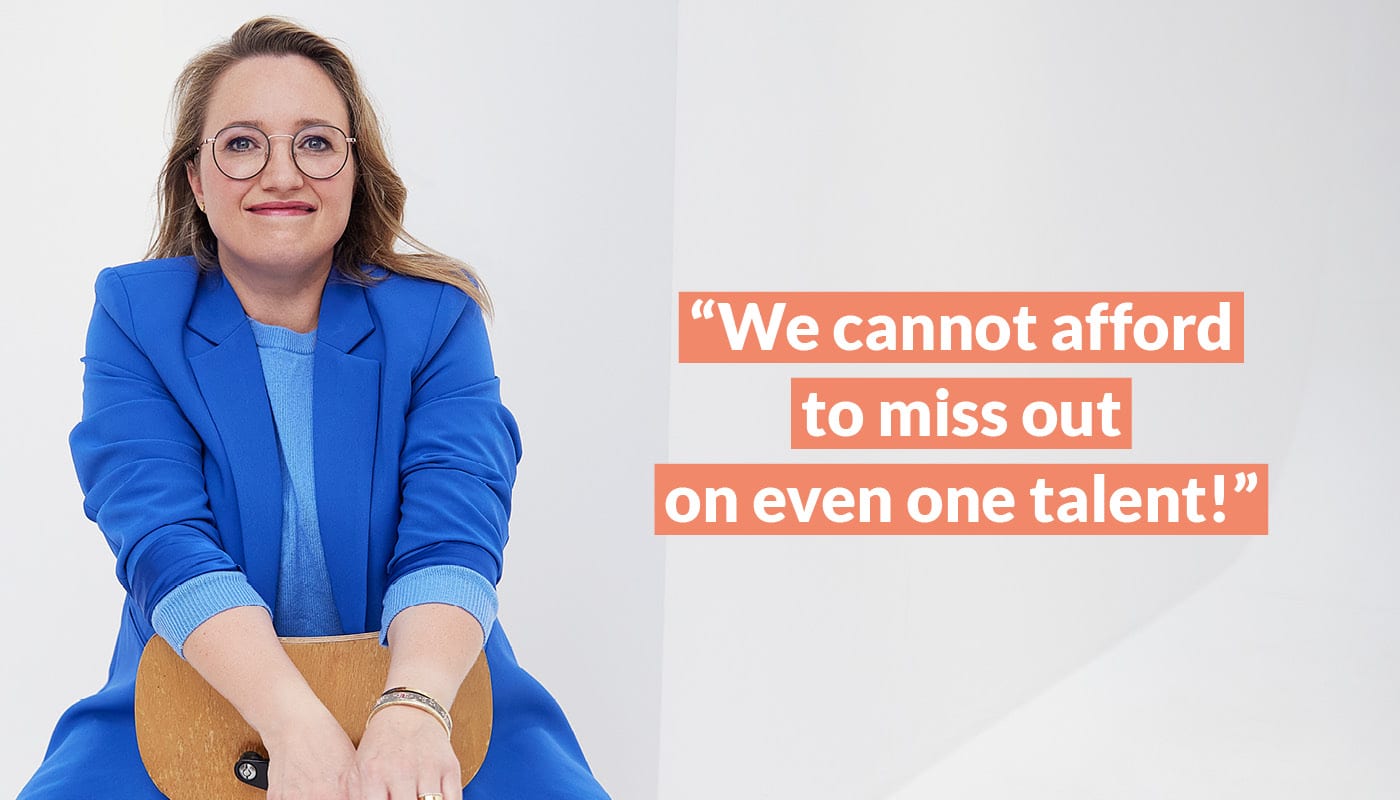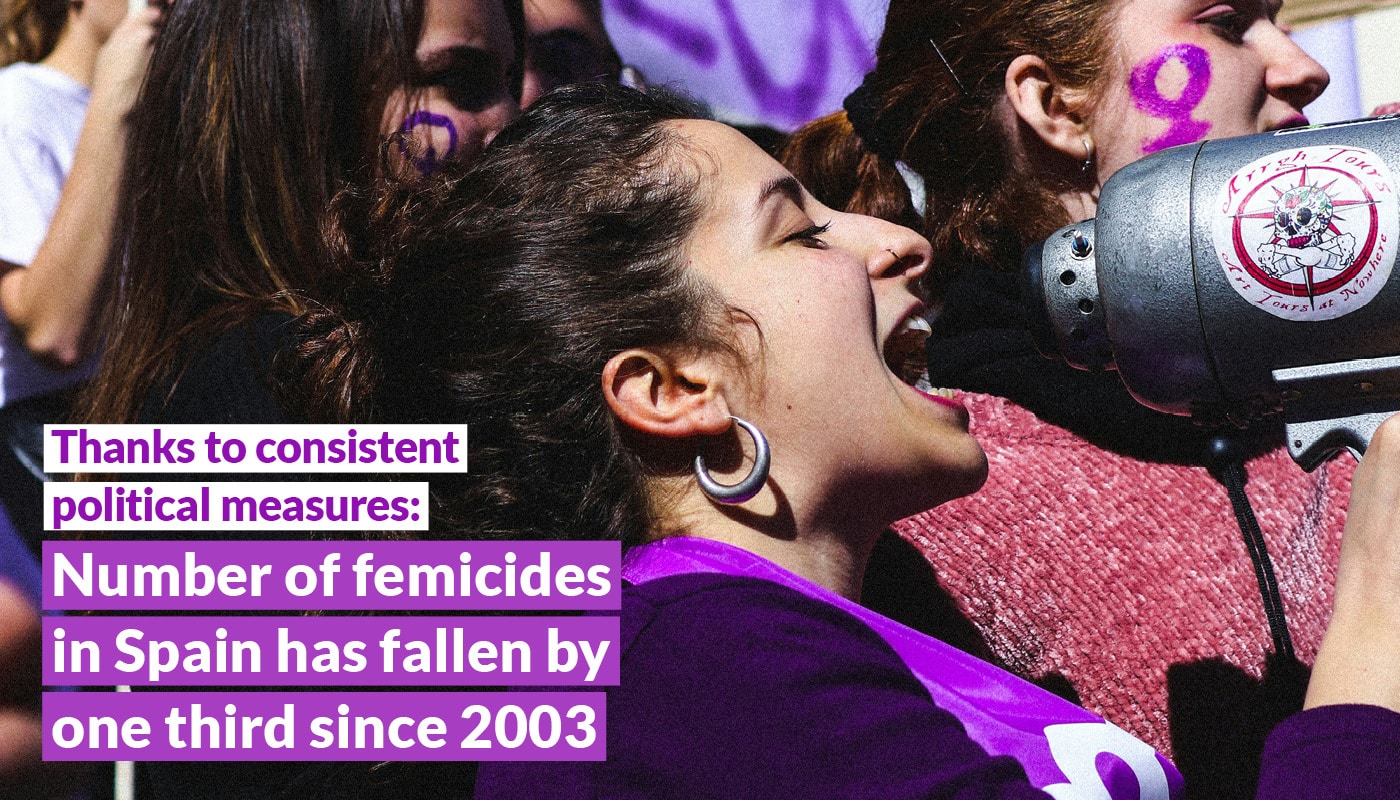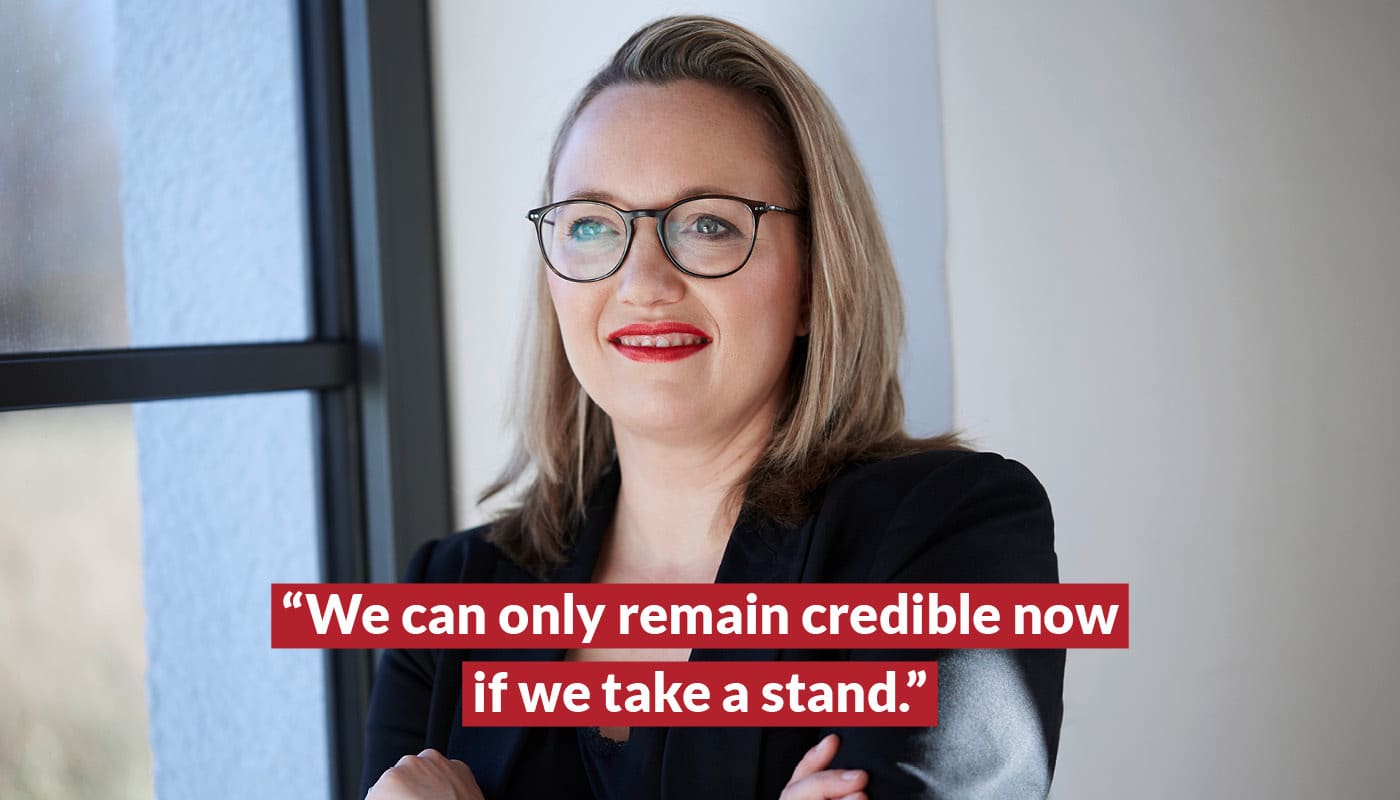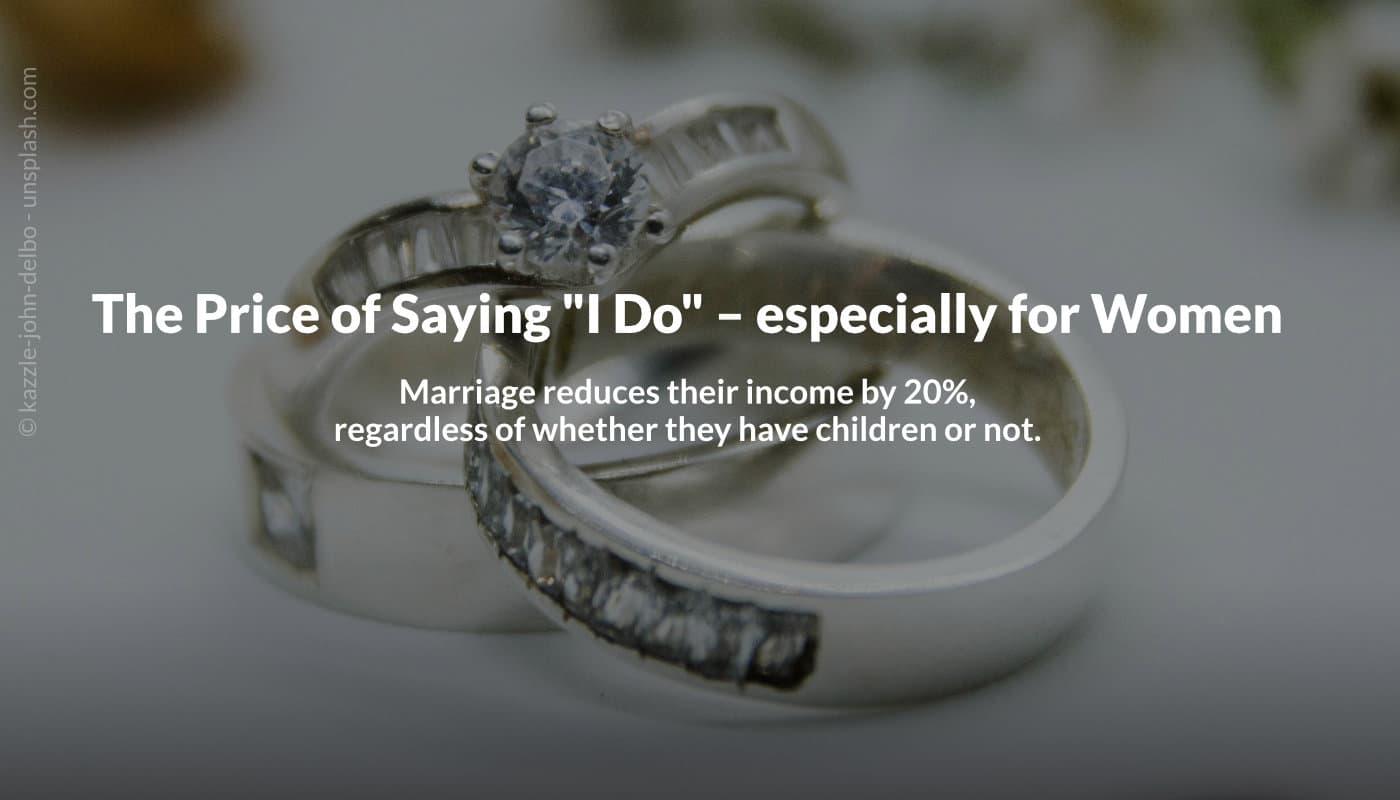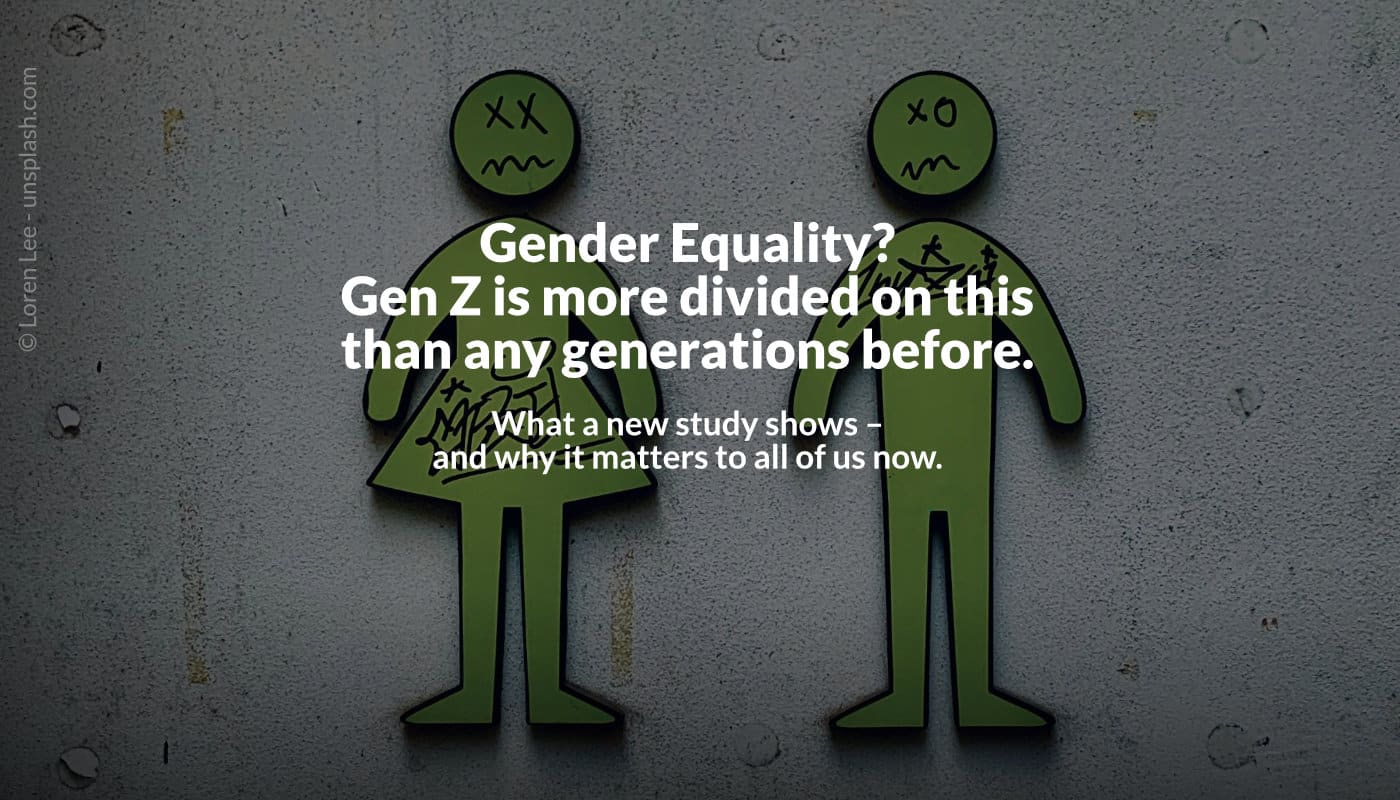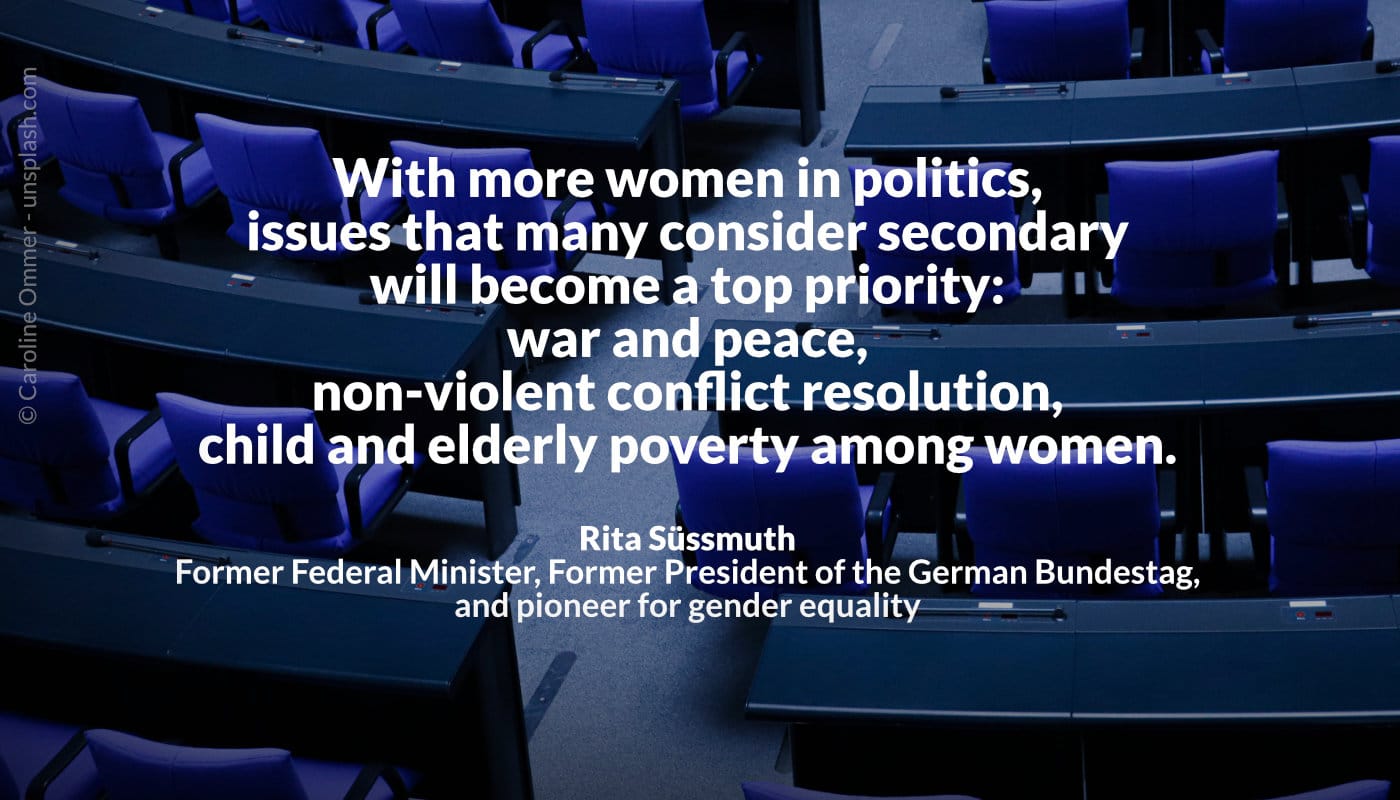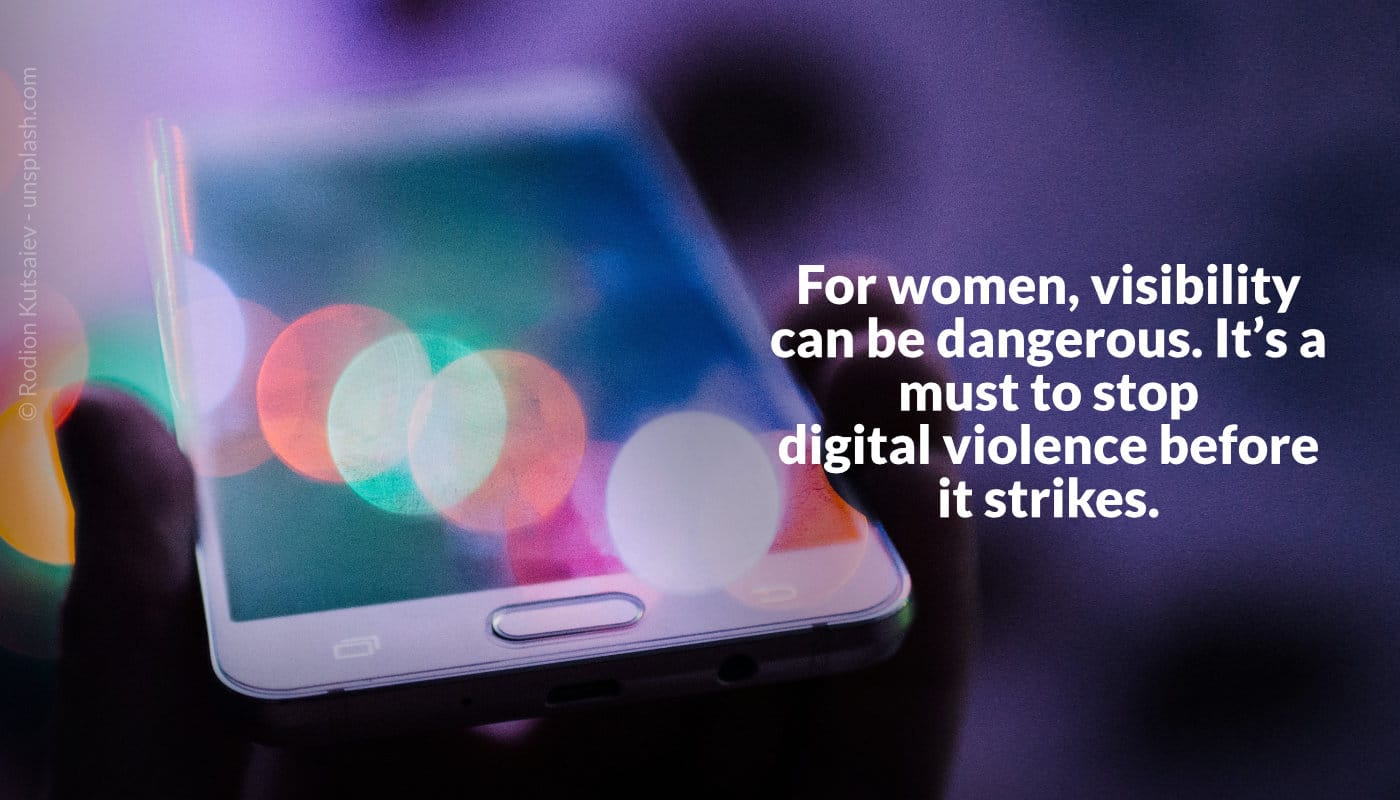„In the context of career advancement, the notion that ‚It’s not WHAT you know, but WHO you know‘ holds some truth. However, for many women, this concept presents unique challenges. Despite the potential career benefits of building high-status connections within an organization, research has long shown that women face greater obstacles in establishing such connections compared to men.“
Harvard Business Review presents a study that both confirms the specific challenges women face in building networks and provides a roadmap for overcoming them.
“By understanding and leveraging the power of shared social connections, women as individuals can navigate around systemic biases and forge valuable professional ties that propel their careers forward. For organizations committed to gender equality, their study provides a clear directive: Invest in building network sponsor programs that recognize and use the distinct pathways through which women can achieve high-status connections.”
Summary of the study findings:
Women with long-term tenure as sponsors increase the chances of younger women being admitted into high-level networks most effectively.
Particularly effective: a “female triplet” – connecting a junior colleague with a sponsor and a female executive.
“Combine local contact with global reach”: It is advantageous for junior women to have sponsors in the same geographical location. These sponsors, in turn, can effectively support them if their own high-status contacts are located elsewhere.

Posted by Natascha Hoffner, Founder & CEO of herCAREER, WiWo columnist, LinkedIn TOP Voice 2020, W&V 2019 – 100 Köpfe
published on LinkedIn on 10.04.2024


